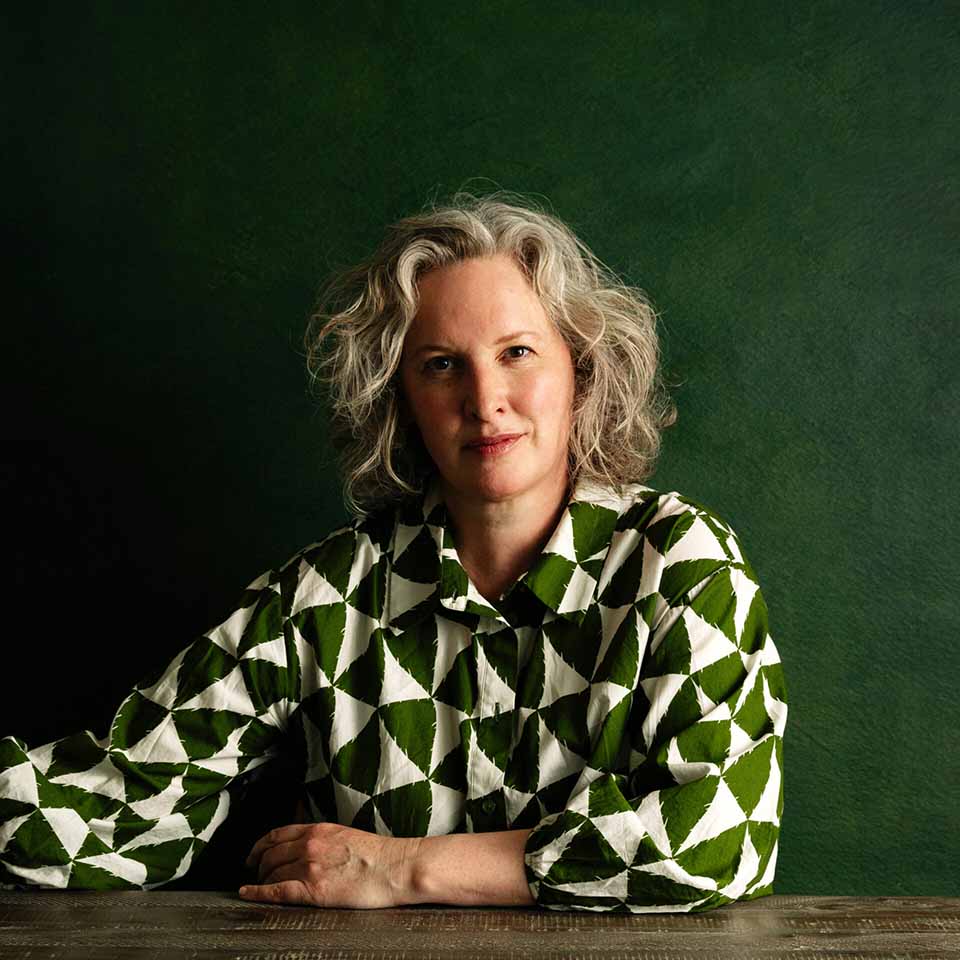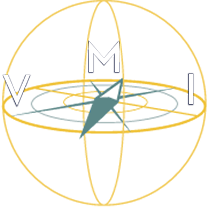
Elee Kraljii Gardiner is a creative mentor, editor and poet with a decade of experience leading workshops and facilitating writing projects. Elee founded Thursdays Writing Collective, a non-profit, low-barrier program of creative writing classes, and is the editor and publisher of nine of the Collective’s anthologies.
Her first book of poems, serpentine loop (Anvil Press, 2016), was nominated for the 2017 Raymond Souster Award and named twice to The Walrus Magazine’s “Best of 2016” list. Her second book, the long poem memoir Trauma Head (Anvil Press, 2018), won the Cogswell Award for Literary Excellence, and was nominated for the Kroetsch Award for Innovative Poetry and the Raymond Souster Award. She is coeditor with John Asfour of V6A: Writing from Vancouver’s Downtown Eastside (Arsenal Pulp Press, 2012), an open-genre anthology which was shortlisted for the 2012 City of Vancouver Book Award. In 2019 Anvil Press published Against Death: 35 Essays on Living, an anthology collecting creative non fiction from people who have come close to death. Against Death was a finalist for the Montaigne Medal, the Eric Hoffer Grand Prize and the runner-up in the Short Story/Anthology category of the Hoffer Awards in the US and is one of BookWarehouse’s Best Books of 2019. Elee is the recipient of CV2’s Lina Chartrand Award for Social Justice and is the recipient of the 2015 Pandora’s Collective BC Writer Mentor Award.
Her recent work includes poems in Best Canadian Poetry; the collaborative visual poetry project WATCHER with Gary Barwin from Sweden’s Timglaset Editions; and RESIDENCE, a creative non fiction chapbook printed in Denmark recording her engagement at the Medical Museum in Copenhagen. A frequent collaborator, with authors, choreographers, musicians, and visual artists, Elee is currently collaborating with nature via a series of durational installations that investigate the law of thermodynamics and cultural ideas regarding the passing of time. She co-hosts The Whole Cloth reading series with Bronwen Tate in which a poet reads the entire book from start to finish. She holds an MA in Hispanic Literature from UBC and an MFA in Poetry from the Institute of American Indian Arts, and is originally from Boston. In 2025 she was appointed Poet Laureate of Vancouver for three years.
What is the most valuable insight or skill that your VMI writers have learned from you?
Your words are your responsibility. Almost anything is available to you as creator of the text but you must articulate why you make a choice beyond “it feels better this way.” When the logic of the piece is in place, the writing flows.
What do you gain from the mentoring process?
Writing and responding to texts are both processes of discovery. We learn from each other, in response to each other. The writers I have worked with have had a huge impact on my range of knowledge.
What will VMI participants gain from the program?
Aside from skills such as how to combat blocks and strategies for revision, writers will acquire resources for sustaining their creative selves. I believe self-care is a huge component of the writing life!
What is the most valuable piece of writing advice you have received?
I’ll turn to an interview with The League of Canadian Poets where I answered this: http://poets.ca/2017/05/01/on-inspiration-steven-heighton-elee-kraljii-gardiner-robin-richardson-and-souvankham-thammavongsa/)
The best advice comes from Betsy Warland who told me to “write into a problem.” She showed me how to use the stumbling block as the departure point. So, for example, if the poem is stuttering, I increase the stutter to extreme degrees via language interventions or theoretical stops and starts. Or if I am nervous about the text, I write about that dread or fear – either specifically or by attributing those characteristics to the setting or character.
What book, poem or other written work has been most inspirational to you?
I love dictionaries and glossaries! I’m taken with books such as Claudia Rankine’s Citizen: An American Lyric that step forward on their own terms.
What books do you recommend VMI participants read for additional advice?
Choreographer and dancer Twyla Tharp’s The Creative Habit is a neat one. I also like Art and Fear: Observations on the Perils (and Rewards) of Artmaking by David Bayles and Ted Orland. I am a proponent of multi-disciplinary exchange!
What are you currently working on?
A round-the-clock poetry project that thinks about time and light and memory.
What do you enjoy most about being a VMI mentor?
The community, the resource-pooling, the diverse knowledge, the commitment to respectful exchange.
What do you wish you knew when writing your first manuscript that you know now?
Each book has its journey and the length of it doesn’t matter to the success of the final product!
